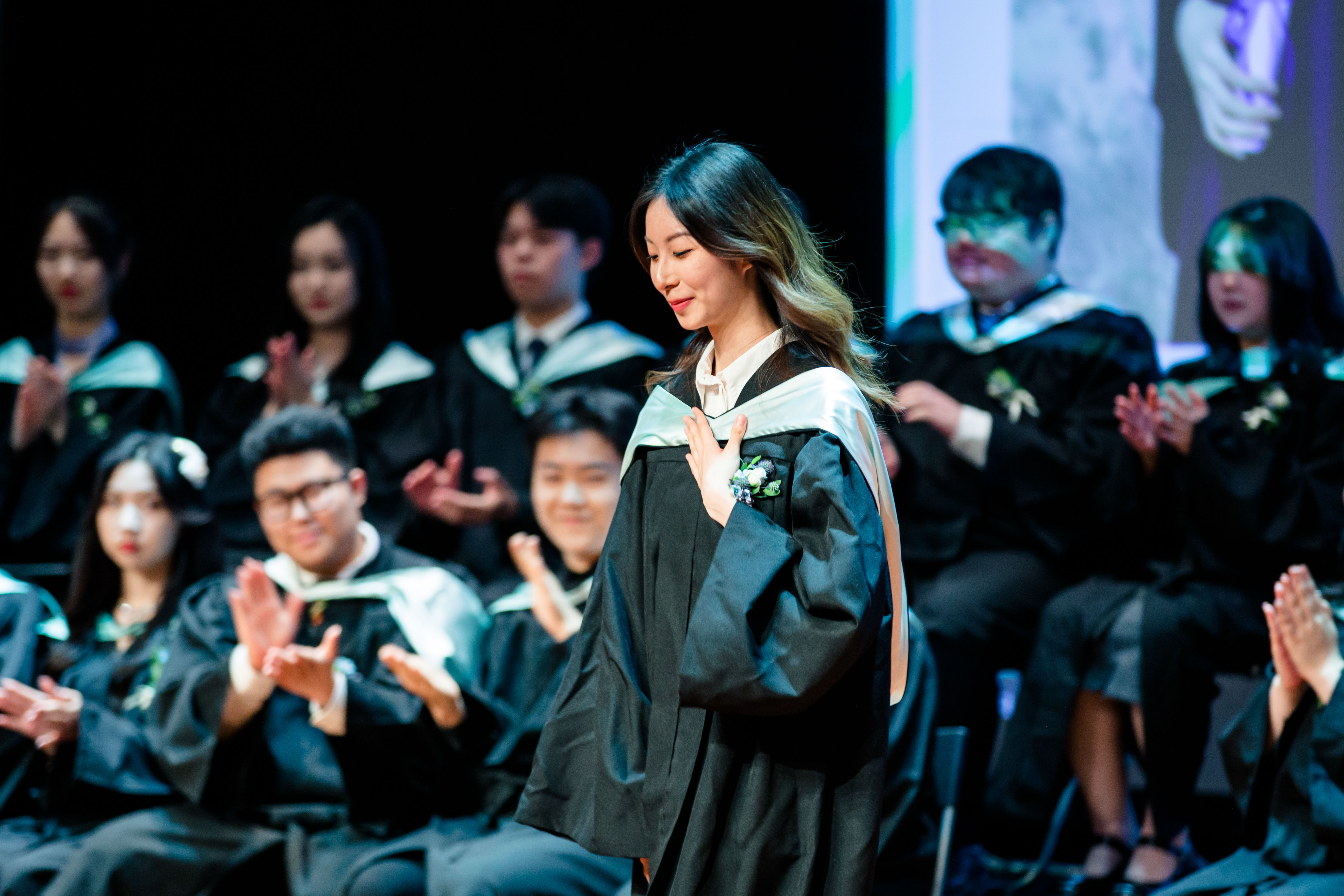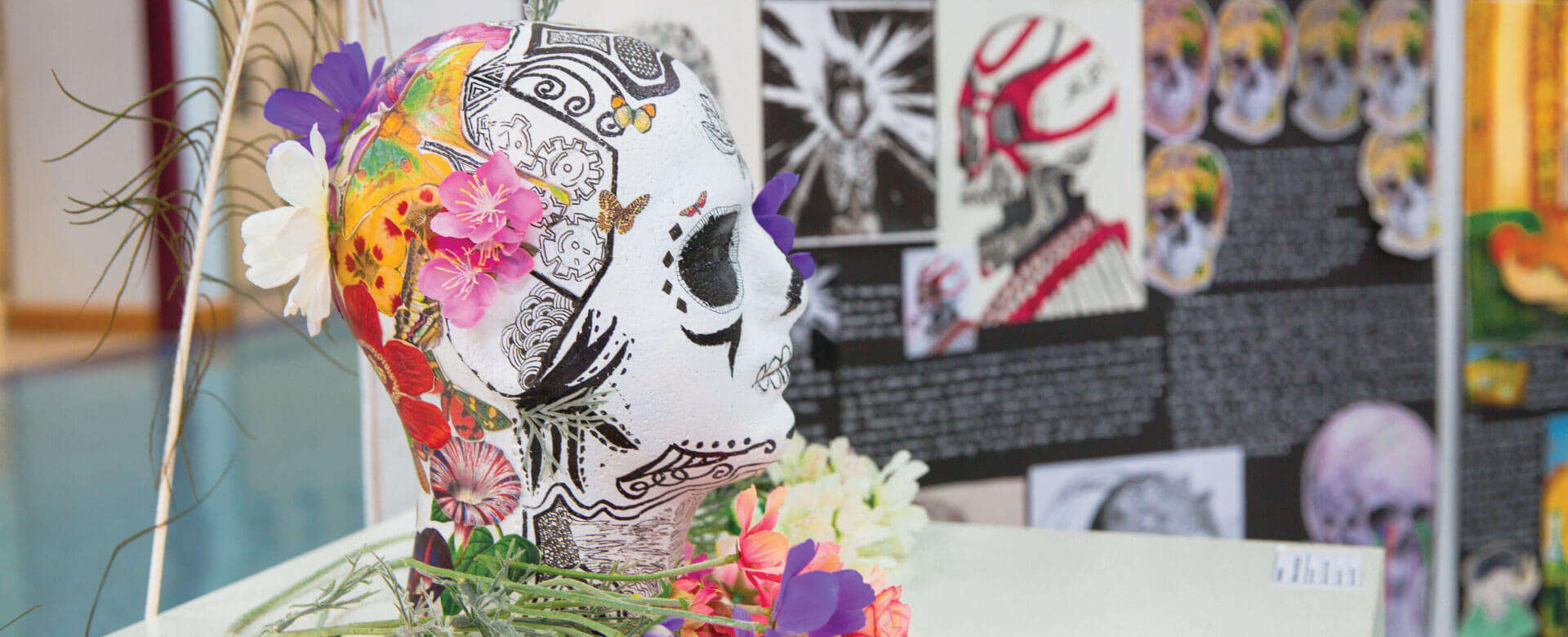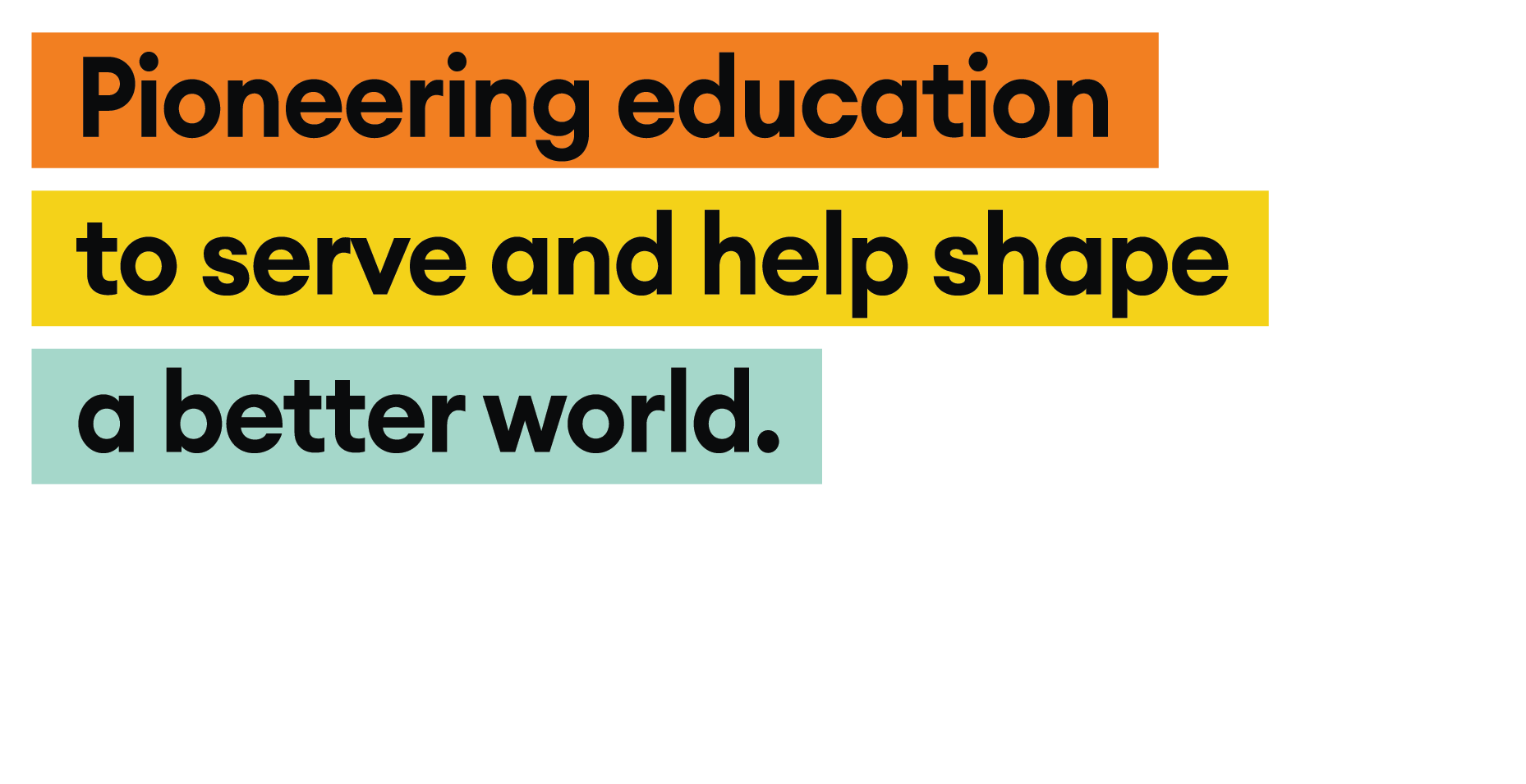The season is here and it's time to find the perfect university!
The university application season is here! Although there is not a perfect university in the world, there is such a thing as the perfect university for each individual. The university search is about exploring who pupils are and what pupils want and then finding universities that will meet the pupils' goals. For Wellington College Education (China)'s 2019 cohort, 18% of our pupils have gone onto the world's top 20 universities, with more than 40% going to the top 50 universities. Currently pupils from the class of 2020 are right in the middle of the new university application season, and they have already started to garner offers under the personal guidance and support of the university team and teacher mentors. We had a great opportunity to talk with Mrs. Jayne Sabio, Head of Sixth Form and University Guidance Office at Wellington College Tianjin at the higher education fair held on campus in Tianjin recently. Mrs. Sabio has over 20 years' experience in university guidance and teaching and shared with us her professional knowledge and perspectives on the university applications and what guidance is needed.

Mrs. Jayne Sabio
Head of Sixth Form and University Guidance Office at Wellington College Tianjin
01
Wellington College Tianjin's University Guidance
Q: What is the usual application process for Wellington pupils in Tianjin? When to start and when to end? A: Pupils as young as Year 8 are invited to the university fair in the Michaelmas term. All pupils from Years 8-13 have a booklet that they prepare during tutor time before, during and after the fair. All pupils from Year 9 have BridgeU accounts which they use for careers and university guidance. All pupils from year 10 have one-to-one counselling sessions. Pupils in Year 12 are registered onto the Common App and UCAS in June of the summer term. Most applications (with the exception of those for mainly Korean and Australian universities) are finished before the end of December 2019. We offer a very personalised service here in Tianjin and we pride ourselves on the close relationships that we have with our pupils. We know them very well and are able to give them bespoke guidance. There is no 'usual' application process, therefore, as it differs from pupil to pupil. Q: Could you please help introduce the different roles of 6th Form team and form tutors during a pupil's application? A: We have a Head of Sixth Form (with expertise in UK applications) and Deputy Head of Sixth Form, both with years of experience in university applications. The Deputy Head of Sixth Form has been very influential in boosting the numbers of art offers from top art colleges around the world. Both the Deputy Head of Sixth Form and I are very knowledgeable about applications to the UK, but are also very experienced in applications to the US and other destinations. In addition, we also have a full-time counsellor who works with pupils of all ages and has specific expertise in applying to Canadian and Australian universities. The counsellor helps our pupils to prepare for competitions (which will help to boost their university application profiles) and works with our top pupils from Year 9 onwards. We have a very experienced team of tutors who meet with their tutees every week for just under an hour. We have a bespoke tutorial programme for each year group in the Sixth Form with links to videos and useful resources. All our teachers are qualified, and our tutors are experienced at working with pupils of this age. Our Key Stage 5 coordinator supports the university team by tracking pupils' academic progress and flags up any problems, putting interventions in place when needed. All pupils are closely monitored to ensure that they do not fall behind with their work or applications. Q: Wellington pupils use BridgeU as the central online platform for researching courses and universities from Year 9. How do teachers help pupils make good use of this platform? A: Wellington College in Tianjin was the first Wellington school in China to use this platform. Our colleagues down in Shanghai are now using it too. Tutors encourage pupils to use BridgeU not only for finding universities, but also to help them to build up a portfolio of experience to help them create a profile which is invaluable in the university application process. It is also a useful careers tool. Obviously, it is not the only thing we use when teachers are giving advice. We take a wide range of other aspects into consideration when advising pupils. Nowadays, with the huge choice of universities and courses available all over the world, BridgeU helps pupils to be more informed about the choices available to them, and to focus on where and what they would like to study.

Q: Tianjin graduates have entered leading universities around the world since 2012. Is there any trend in university applications, especially in UK and US? A: The UK has become popular over recent years. Some parents have expressed worries over their children going to the US, with security being cited as one of the issues. Admissions processes in both countries are very different, but of course pupils need good grades to get into any university in the world. For example, a pupil could make 5 applications through UCAS (Universities and Colleges Admissions Service) with one reference from school and one personal statement during the UK application process, while the Common App allows pupils to apply to up to 20 universities/colleges with 2-3 recommendation letters from school and 1 essay during an application to US universities (although individual institutions may ask for supplemental essays). And for colleges/universities not on the Common App, separate applications need to be made. For instance, the UC (California) universities have their own application process. Besides, the application deadlines and the nature of the offers are also different. Offers from UK universities tend to be conditional, dependent on the pupil getting the grades that the university requires, while offers from US universities often seem to be unconditional; however, applicants should remember that US universities ask for exam results certificates when they are available and reserve the right to withdraw an offer if they see that the pupil's grades are dropping. Q: Regular opportunities have been provided for Wellington parents to meet and discuss university applications. How can parents contribute to their children's university application? A: Our parents have been given access to the BridgeU accounts of their children. Parents are regularly invited in for briefings and one-to-one discussions with the team. We hold weekly coffee mornings for parents to drop by and discuss their child's prospects. We constantly update our parents regarding university applications.
02
Common Misunderstandings in University Applications
Q: Is a high test score the top priority for pupils? A: Yes - good A Level scores, plus evidence of a high level of English, are essential requirements from universities all around the world. Q: Is university ranking more important than subject preference? A: No. It is important that our pupils go on to study what they love and if this happens to be at a high-ranking university, even better. However, ranking is not a priority. We encourage our pupils to go to the university that would suit them the most. Q: Is it true that pupils with great academic results tend to choose IB, while pupils with poor academic results tend to choose A Level? A: This is not true. As there are fewer subjects studied, A Levels go into far greater detail than the subjects at IB can. Both qualifications are rigorously academic and highly respected by universities across the world. There are advantages to both qualifications, but we have decided to go with A Levels here in Tianjin because it suits our pupils better. Pupils with poor academic results are not suited to A Levels. They are too demanding for pupils who are not ready for Advanced level studies. We run the Extended Project Qualification (EPQ) alongside A Levels for our more academically minded pupils who can cope with a bigger workload. This is a qualification which is very much valued by universities and helps our pupils to foster a high degree of independence and enhance their study skills before they go to university.

Q: Is it true that pupils with IB scores could only apply to US universities, while pupils with A Level grades could only apply to UK universities? A: Absolutely not! IB and A level are both internationally recognised programmes and are accepted by all the US, UK, Canadian and Australian universities. Q: Is it true the pupils could re-sit exams in both AS and A2 after choosing A level, and finally pick the best grades? A: Pupils can re-sit AS exams, not A2 usually (A2 results are out in the August right before most universities start, therefore most pupils do not have a chance to re-sit for A2). Yes, they can pick their best grades, but we don't encourage re-sits and they are extremely disruptive to the flow of work in Year 13.
03
Sixth Annual Wellington International University Fair
Q: How does the university fair contribute to Wellington pupils' university application in this new season? A: It's at a perfect time of year for those Year 13 pupils who have not already applied, to talk to admissions tutors. All pupils from Years 8-13 complete a booklet which helps them to focus on their futures. The feedback from the university admissions officers have been extremely complimentary about our pupils and how well-prepared they are for the fair. Q: What are university admissions officers' perceptions about Wellington pupils? A: University admissions officers think that Wellington pupils are well-informed and confident. They have compared them to pupils in other schools saying that our pupils stand out because of the good questions that they have asked and because of their confidence and knowledge of the application systems. Q: What is the current phase of pupils' university application in the class of 2020? A: Our candidates for Oxford and Cambridge have submitted their applications while all the other applicants are currently working hard on their A2 studies and personal statements. All applications, with the exception of some Australian and Korean applications, will be submitted before the end of December 2019.

Related Articles








 Channel
Channel 
 Linkedin
Linkedin  Weibo
Weibo  Facebook
Facebook  Ins
Ins 







